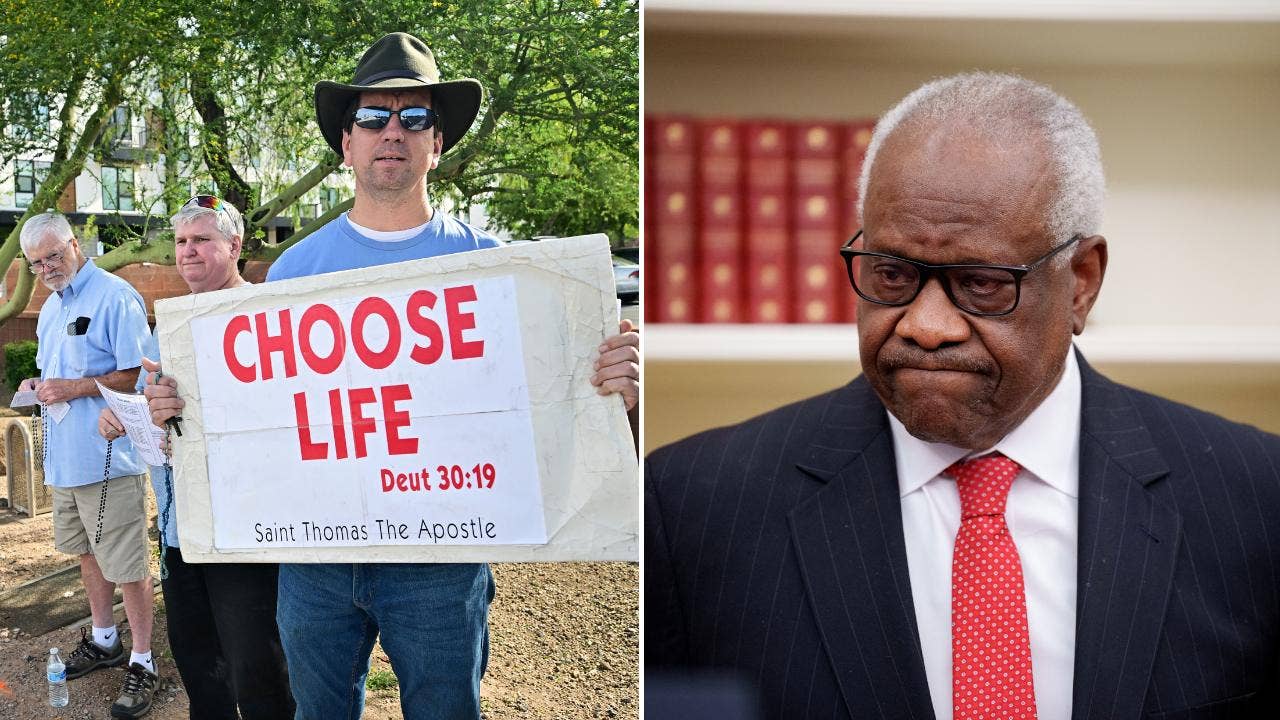SCOTUS turns down buffer zone challenge, Thomas slams ‘abdication’ of duty

The Supreme Court’s recent decision to decline to hear a pro-life challenge against protest restrictions around abortion clinics in Illinois has sparked controversy and dissent among the justices. The case, brought by Coalition Life, a prominent sidewalk counseling organization, argued that the buffer zones established around abortion clinics violated their First Amendment rights to free speech.
The lower court rulings that dismissed the lawsuits brought by Coalition Life were upheld by the Supreme Court, with Justices Clarence Thomas and Samuel Alito issuing fiery dissents. Justice Thomas expressed his disappointment in the Court’s decision not to take up the case, stating that the previous Supreme Court decision in Hill v. Colorado, which upheld buffer zones around healthcare facilities, has been undermined and eroded over time. He believed that the Coalition Life case presented an opportunity to provide much-needed clarity on the issue.
The City of Carbondale, Illinois, where the case originated, implemented buffer zone ordinances following the opening of two abortion clinics in the aftermath of the overturning of Roe v. Wade. These ordinances were modeled after the Colorado statutes upheld in the Hill decision. Justice Thomas quoted Justice Alito’s opinion in Dobbs v. Jackson Women’s Health Center, highlighting the distortion of First Amendment doctrines in abortion-related cases.
The Supreme Court’s previous ruling in McCullen v. Coakley, where a Massachusetts law establishing a 35-foot buffer zone around abortion clinics was struck down, was referenced in the dissent. The Court found the law overly broad and a violation of free speech rights, distinguishing it from the Hill decision. Similar buffer zone laws have been upheld in states like New York, while others are still being debated in states such as California, Maryland, and Washington.
This decision by the Supreme Court not to hear the Coalition Life case has reignited the debate over the balance between free speech rights and the protection of individuals entering healthcare facilities. The dissenting justices believe that the Court missed an opportunity to clarify the issue and provide guidance to lower courts. The implications of this decision will likely be felt in future cases involving protest restrictions around abortion clinics.




